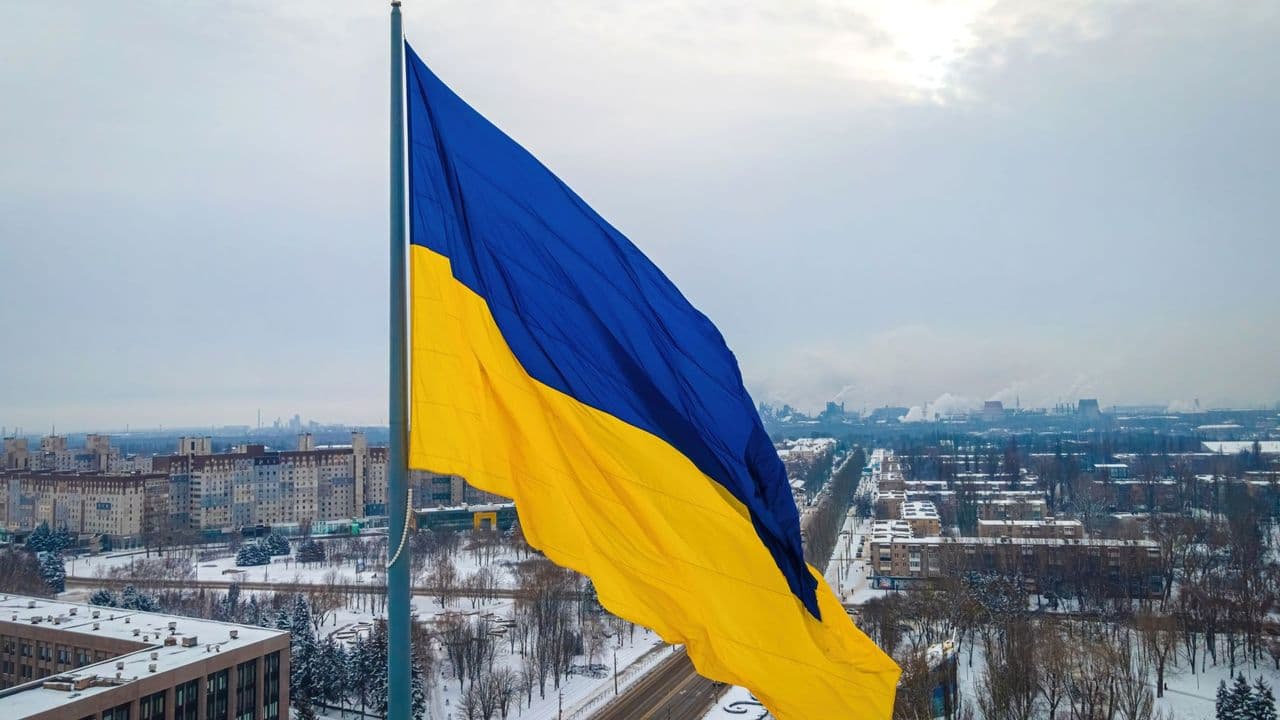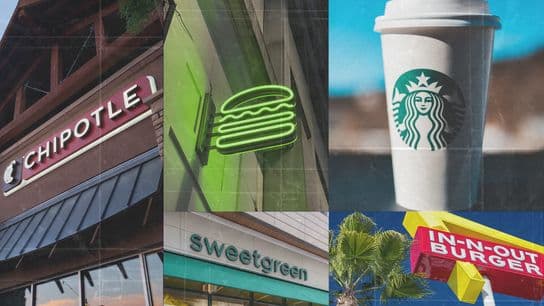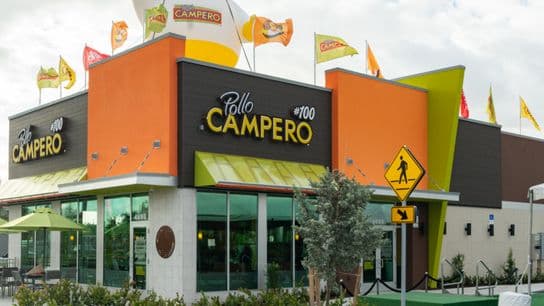How Franchise Brands Are Responding to Russia’s Invasion of Ukraine
Legacy franchise companies like McDonald's and Yum! Brands recently announced they will be halting business activity in Russia, but completely shutting down operations may be difficult for franchisors.
Since Vladimir Putin's devastating invasion of Ukraine began, many brands have announced their withdrawal from Russia in protest. McDonald's and Starbucks, two of the biggest chains in the world, announced Tuesday that they are halting business activity in Russia, including temporarily closing the doors of all their locations. While this could set a precedent for other brands in the future, the franchising model may make it more difficult for certain chains to implement system-wide changes in a designated country.
For example, McDonald’s has 850 restaurants and 62,000 workers in Russia, but 84% of its Russian restaurants are company-owned. Corporate-owned concepts might have an easier time ceasing operations since they do not have to coordinate with individual franchise owners.
Yum! Brands, for example, has 1,000 KFC locations and 50 Pizza Huts in Russia, but the majority of these units are operated by independent owners under licensed or franchise agreements, which might be part of the reason why the locations remain open. Yum! Brands has temporarily “suspended all investment and restaurant development” in Russia earlier this week, according to a statement.
“McDonald’s and other fast-food outlets are under pressure to withdraw from the Russian market,” Ramsey Baghdadi, a consumer analyst for GlobalData, told BakingBusiness. “The challenge that foodservice providers have is the very nature of their business model. Fast-food chains such as McDonald’s and KFC often have complicated agreements with their outlets as a large proportion of them are franchises and are not enterprises. So, it becomes a much more challenging negotiation to completely stop operations compared to other industries.”
McDonald’s decision to cease Russian operations could be a response to the criticism and threats of boycotts the brand has seen over its previous silence on the conflict. Many U.S. consumers were also put off by the fact that McDonald's halted operations in Ukraine more than 10 days before it did the same in Russia. The burger brand’s 108 locations in Ukraine are all company-owned.
“As 72% of consumer purchases are driven by a brand’s ethics or support shown toward a social cause, it becomes difficult for these companies to balance consumer expectations and their operational needs, putting pressure on international fast-food restaurants,” Baghdadi said in the article, referencing a GlobalData consumer survey released in March.
McDonald’s, Starbucks and Yum! have announced investments to support employees impacted by the conflict. For example, McDonald's said in its statement that it continues to pay full salaries for employees in Ukraine and will do so for all of its workers in Russia, as well.
“We understand the impact this will have on our Russian colleagues and partners, which is why we are prepared to support all three legs of the stool in Ukraine and Russia,” McDonald’s CEO Chris Kempczinski said in a statement. “This includes salary continuation for all McDonald’s employees in Russia.”
Many brands have also donated toward relief efforts. McDonald's donated $5 million to its Employee Assistance Fund and is supporting the American Red Cross International Services’ relief efforts in Ukraine, according to its statement. The Ronald McDonald House Charities in Ukraine is sharing medical supplies throughout the nation, and RMHC Poland and RMHC Latvia are also providing aid to the region.
Yum! not only donated $1 million to the Red Cross to support Ukrainians and has activated its Yum! Brands Disaster Relief Fund to support Ukrainian employees, but it also is matching employee donations to UNICEF, the Red Cross, the World Food Programme and the International Rescue Committee efforts in Ukraine.













